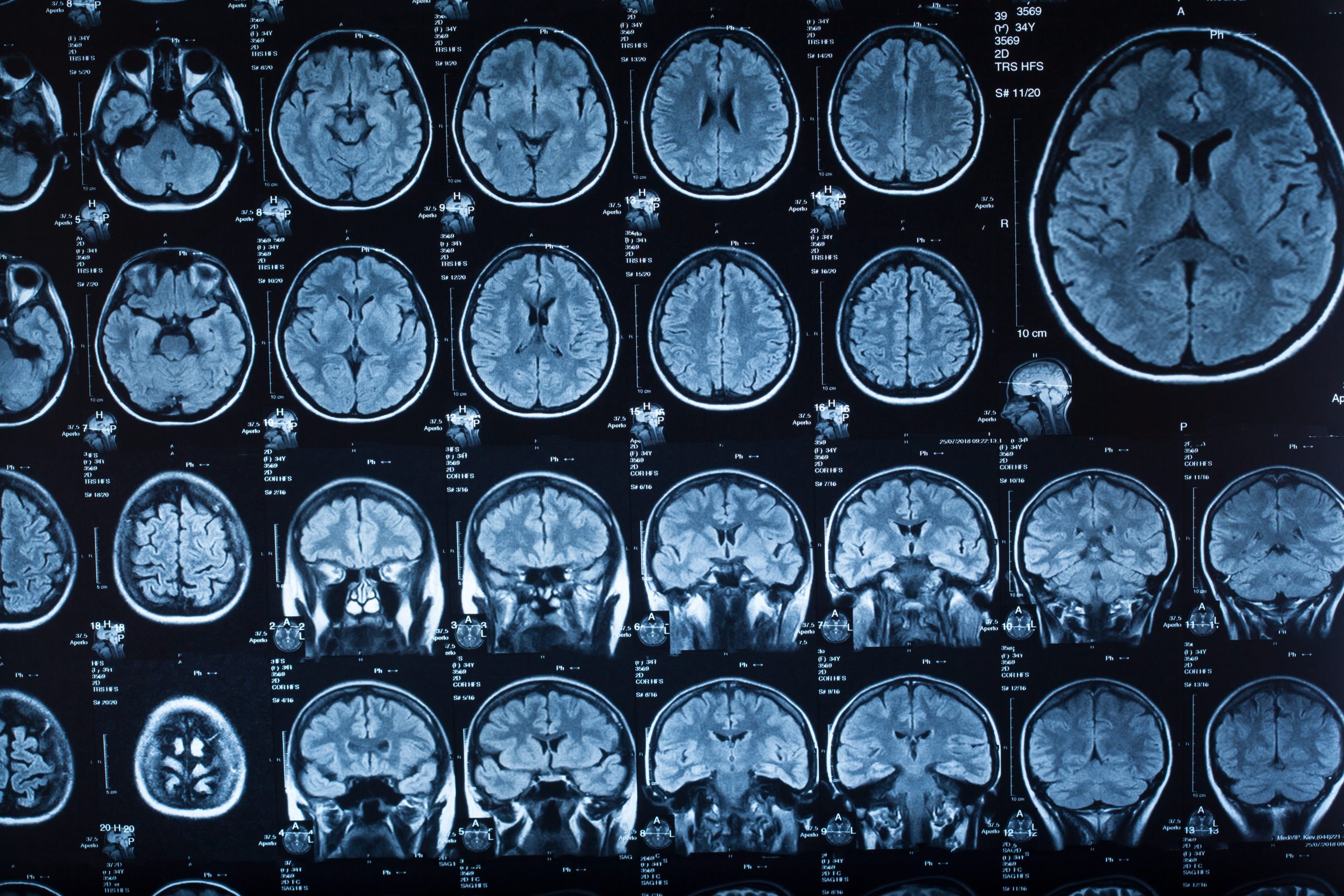MHRA Approves Medicine for Adults Showing Signs of Alzheimer’s

The Medicines and Healthcare products Regulatory Agency (MHRA) has approved the medicine flortaucipir (Tauvid), a radiopharmaceutical product given to adults with memory problems so that doctors can perform a type of brain scan called a PET (Positron Emission Tomography) scan.
Along with other brain function tests, flortaucipir may help the patient’s doctor find the reason for their patient’s memory problems by helping to determine whether they have abnormal forms of tau protein in their brain.
Abnormal forms of tau protein are present in the brain of people with Alzheimer’s disease, and therefore PET scans using this product can assist in the diagnosis of the condition.
Julian Beach, MHRA Interim Executive Director, Healthcare Quality and Access, said: “We are focused on providing UK patients access to safe and effective medicines.
“We’re assured that the appropriate regulatory standards for the approval of this medicine have been met. As with all products, we will keep its safety under close review.”
Flortaucipir is given by injection into a vein about 80 minutes before obtaining an image from a PET scan.
Doctors will need to use the scans together with clinical evaluation and other diagnostic tools. Flortaucipir PET scan results on their own cannot confirm or refute a diagnosis of Alzheimer’s disease in patients with cognitive impairment.
This approval is supported by evidence from a diagnostic performance study, in which it was shown that PET scans identified 92% of the patients who had significant buildup of tau protein (which are abnormal clusters of protein fragments that build up between nerve cells) as positive.
This meant that Flortaucipir PET scan had a sensitivity of 92% in the ability to detect significant buildup of abnormal tau protein in the brain. 76% of patients without significant tau protein buildup were correctly rated as negative, i.e., Flortaucpir PET had a specificity (the ability to correctly identify absence of the disease) of 76%.
A separate study evaluated diagnostic performance of flortaucipir, and the PET scans in this study were shown to have a sensitivity of 89% and a specificity of 77%. This meant that the PET scans were able to correctly identify as positive 89% of the patients who had significant amounts of plaques, and that 77% of patients without significant plaques were correctly rated as negative.
A full list of all side effects reported with this medicine is available in the patient information leaflet or from the product information published on the MHRA website.
As with any medicine, the MHRA will keep the safety and effectiveness of flortaucipir under close review.
Anyone who suspects they are having a side effect from this medicine are encouraged to talk to their doctor, pharmacist or nurse and report it directly to the Yellow Card scheme, either through the website (https://yellowcard.mhra.gov.uk/) or by searching the Google Play or Apple App stores for MHRA Yellow Card.

